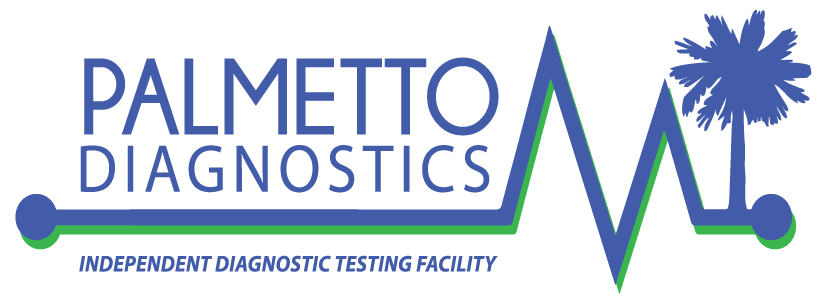Resources
Facts About Epilepsy
Epilepsy is a chronic disorder, the hallmark of which is recurrent, unprovoked seizures. A person is diagnosed with epilepsy if they have two unprovoked seizures (or one unprovoked seizure with the likelihood of more) that were not caused by some known and reversible medical condition like alcohol withdrawal or extremely low blood sugar.
The seizures in epilepsy may be related to a brain injury or a family tendency, but often the cause is completely unknown. The word “epilepsy” does not indicate anything about the cause of the person’s seizures or their severity.
Many people with epilepsy have more than one type of seizure and may have other symptoms of neurological problems as well. Sometimes EEG (electroencephalogram) testing, clinical history, family history, and outlook are similar among a group of people with epilepsy. In these situations, their condition can be defined as a specific epilepsy syndrome.

Treatments For Epilepsy
Medication
Most people with epilepsy can become seizure-free by taking one anti-seizure medication, which is also called anti-epileptic medication. Others may be able to decrease the frequency and intensity of their seizures by taking a combination of medications.
Many children with epilepsy who aren’t experiencing epilepsy symptoms can eventually discontinue medications and live a seizure-free life. Many adults can discontinue medications after two or more years without seizures. Your doctor will advise you about the appropriate time to stop taking medications.
Your doctor likely will first prescribe a single medication at a relatively low dosage and may increase the dosage gradually until your seizures are well-controlled.
Surgery
Most patients with epilepsy do not require surgery. However, if seizures are not controlled after a trial of two or three medications =then re-evaluation is suggested. This information is critical in deciding if epilepsy surgery is an option.
Of the 30% of patients whose seizures cannot be controlled with drugs, approximately one third may be candidates for epilepsy surgery. However, only about 3,000 epilepsy surgeries are performed annually. Before surgery is considered, a comprehensive pre-surgical exam is performed.
The evaluation requires prolonged EEG-video monitoring and other tests to pinpoint the exact location of the injured brain cells causing the seizures.
